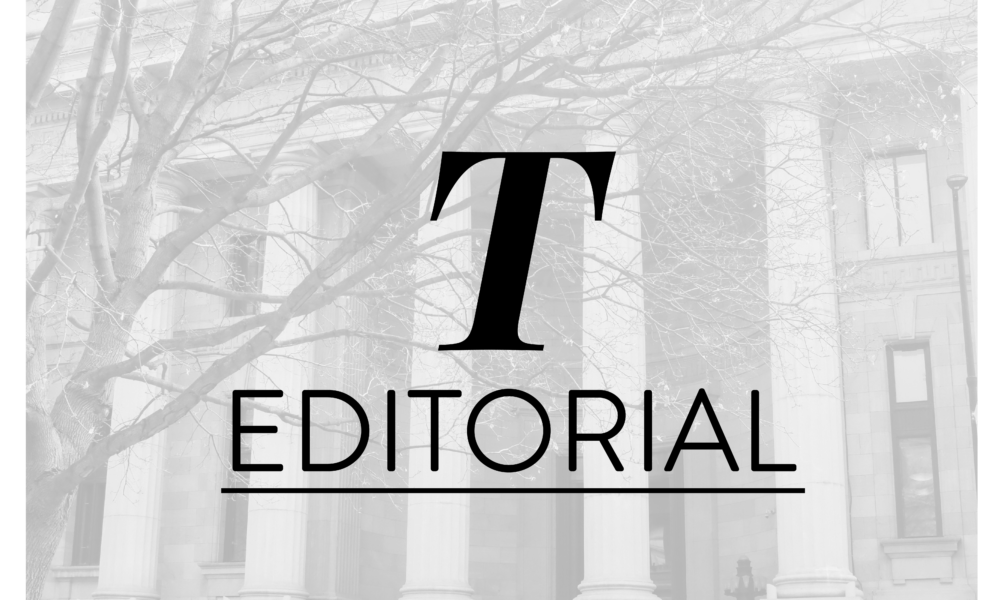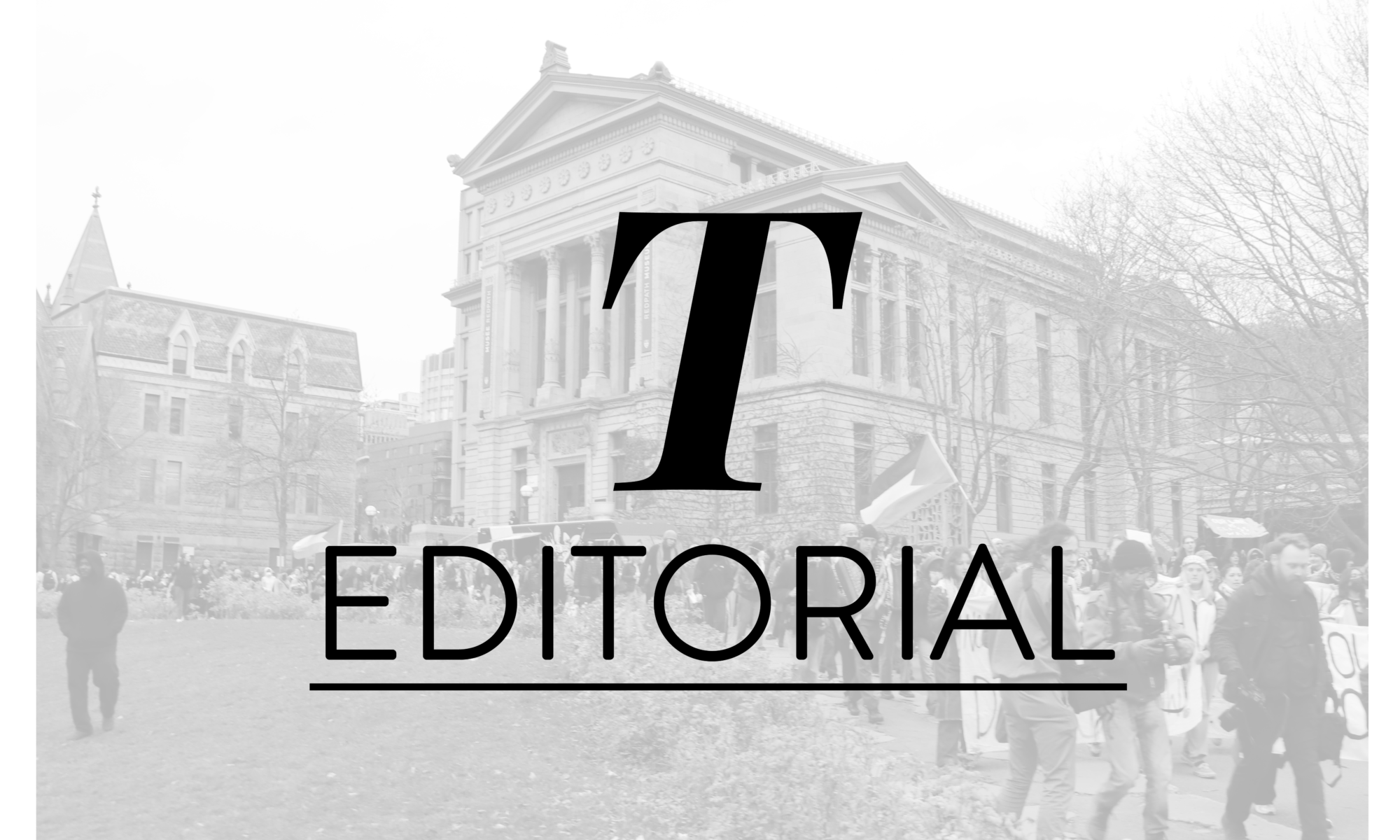On Nov. 20, communities across the world recognized Transgender Day of Remembrance, a day honouring the lives of trans and nonbinary people lost to anti-trans violence. However, this year’s commemoration in Canada was countered by an unprecedented wave of political hostility toward transgender youth.
The Alberta government, in particular, has taken an especially hostile stance. The province introduced three anti-trans laws last year: Bill 26 bans puberty blockers and hormone therapy for most minors, effectively politicizing a treatment otherwise prescribed through medical assessment; Bill 27 requires schools to obtain parental permission for name or pronoun changes and turns gender and sexuality education into an opt-in system; Bill 29 bars transgender girls from gender-aligned sports participation. The province recently tabled new legislation, Bill 9, which invokes the notwithstanding clause in an attempt to shield the three previous bills from legal challenges regarding potential Charter rights violations. This surge in transphobic legislation under the guise of children’s safety is a coordinated political effort to restrict the autonomy of trans and non-binary people, and McGill’s own failure to guarantee access to gender affirming care (GAC) for its students reveals how deeply this disregard has been propagated throughout Canada.
Quebec also contributes to this national hostility and insensibility towards transgender and nonbinary individuals. GAC in the province remains chronically inaccessible: Some surgeries have waitlists of up to nine years, and Montreal patients report being turned away or receiving no follow-up after consultations. Access is further constrained in that a single private clinic holds a near-monopoly over GAC surgeries, limiting availability and patient autonomy. These systemic barriers leave many trans and nonbinary people without timely or adequate care.
These bureaucratic and legislative barriers produce measurable psychological harm. A 2025 study in the US found that suicide-related Google searches rose by 13 per cent during legislative debates regarding trans rights, with depression-related searches increasing by five per cent. In Canada, reports by the Stigma and Resilience Among Vulnerable Youth Centre show similarly alarming patterns: 64 per cent of transgender and nonbinary youth report having self-harmed and/or seriously considered suicide in the past year, with 38 per cent reporting suicidal ideation and 21 per cent reporting a suicide attempt. 88 per cent of young trans and nonbinary individuals live with a chronic mental health condition such as anxiety or depression, revealing the extent to which GAC can—and does—save lives when accessible and unbarred by transphobic legislation.
McGill’s own records further affirm this pattern of institutional neglect. In the Students’ Society of McGill University (SSMU)’s Fall 2025 Referendum, the GAC Fee passed by only 51.1 per cent, with just 19.1 per cent of students voting, reflecting apathy toward some of the most vulnerable students on campus and ignorance of the cruciality of this fund. From 2023 to January 2025, SSMU provided coverage for critical GAC procedures through a reimbursement program with funds drawn from an unstable budget surplus. Prior plans capped lifetime maximum coverage at amounts insufficient to cover most procedures not otherwise covered by provincial or international insurance.
The GAC fund, created through the passing of this 2025 Referendum motion, allows students to receive coverage for critical services, including medication, gender-affirming procedures, mental health support, and more. Should the fee not have passed, McGill would lack a GAC plan entirely—yet the motion barely scraped through the referendum. McGill’s infrastructure mirrors this disregard for the importance of GAC: When the school’s only GAC-providing physician went on leave in 2024, students completely lost access to on-campus care; students consistently face name-change barriers on Minerva; and the administration has repeatedly platformed transgender-antagonistic speakers.
Especially considering the rise in hateful anti-transgender rhetoric across Canada, McGill has both a moral and legal responsibility to vehemently protect its transgender community. Fulfilling that responsibility requires more than mere statements and symbolic gestures of solidarity. McGill should actively support and collaborate with community organizations like Queer McGill and the Trans Patient Union, whose work fills the gaps long neglected by the university and SSMU insurance offerings. Further, as Alberta weaponizes the notwithstanding clause to restrict transgender rights, McGill must publicly oppose such legislation and advocate for federal limits on the clause’s misuse, including supporting Bill S-218.
Honouring the lives of trans and non-binary people requires that institutions—both educational and bureaucratic—actively reject and counter political erasure in all forms and commit to the safety, dignity, and autonomy of trans and gender non-conforming individuals.









